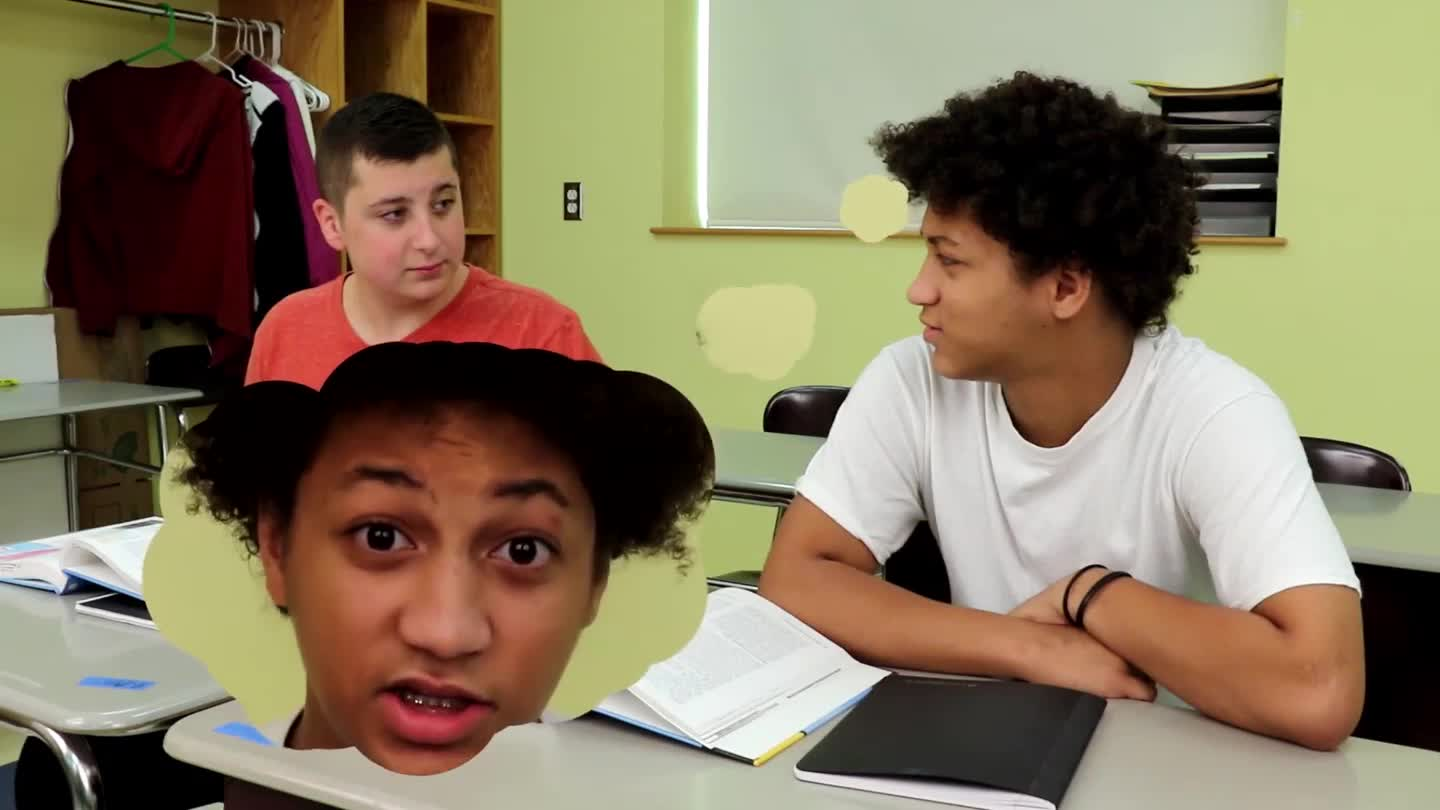
Introduction
Welcome to Fork in the Road, a game designed to teach high school students valuable conversation skills and promote social-emotional learning. In this game, students will analyze different social situations and consider the impact of their choices on others. The game focuses on three common conversation errors: taking things literally, shifting the topic too early, and not providing enough information. By playing Fork in the Road, students will learn to navigate complex social interactions and build stronger relationships.
No-Prep Activity
Here is a simple, no-prep activity that educators can use to introduce Fork in the Road to their students:
- Divide students into small groups of 3-4 participants.
- Present a social situation to each group. For example, one group could discuss the scenario provided in the prompt, where Rachel is confused by Zach’s statement about their project.
- Ask students to identify the “social fork” in the situation, the point where the character can choose between two different paths.
- Have students discuss the potential outcomes of each path, considering the feelings of all involved parties.
- After discussing both paths, ask students to choose the path that leads to a more positive outcome and explain their reasoning.
- Finally, have each group share their chosen path and reasoning with the class.
This activity encourages students to think critically about social situations and make informed decisions that positively impact their relationships.
Discussion Questions
Use these discussion questions to further explore the topics covered in the Fork in the Road game:
- Why is it important to consider the feelings of others when making decisions in social situations?
- Can you think of a time when you faced a social fork and made a choice that led to a positive outcome? What about a negative outcome?
- How can improving our conversation skills lead to better relationships and overall social-emotional well-being?
- What strategies can you use to ensure that you’re providing enough information and not shifting the topic too early in a conversation?
- How can we learn from our mistakes and make better choices in future social interactions?
Related Skills
In addition to conversation skills, there are many other social-emotional learning skills that students can benefit from. Some of these skills include:
- Active listening
- Empathy and compassion
- Conflict resolution
- Assertiveness and setting boundaries
- Collaboration and teamwork
By developing these skills, students will be better equipped to navigate the complexities of social interactions and build strong, lasting relationships.
Next Steps
If you’re interested in incorporating Fork in the Road and other social-emotional learning activities into your curriculum, we invite you to sign up for free samples of our materials. Our resources are designed to support educators in teaching these essential skills and fostering a positive learning environment for all students.

